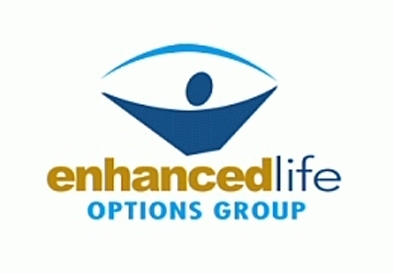Glossary of Terms
Special needs trust (SNT) is a trust that will preserve the beneficiary’s eligibility for entitlements such as Medicaid and Supplemental Security Income (SSI). Typically the trustee will supplement the beneficiary’s government benefits but not replace them. Examples of supplemental needs are education, telephone/cable services, companionship, advocacy and recreation. These distributions are typically carried out through the instructions of a Personal Care Plan/Letter of Intent drafted by the grantor.
Third-party SNT is frequently referred to as a supplemental needs trust because it will be supplementing the needs of the beneficiary. A third party trust is funded with assets belonging to a person other than the beneficiary. Typical funding comes from an inheritance, gifts and/or proceeds of life insurance policies. The grantor of the trust decides how the remaining trust funds are distributed when the beneficiary dies. Funds can be distributed to charities, individuals or a combination of both. This trust may be established by anyone other than the beneficiary.
First-party SNT, also referred to as a “self-settled”, “Medicaid payback” or “(d)(4)(A) trust,” is funded with assets or income that belong to an individual who is disabled according to the Social Security Administration (SSA) and who is the beneficiary of the trust. Federal law requires that the beneficiary must be under the age of 65 when the trust is created and funded; the trust must be irrevocable and provide that Medicaid will be reimbursed upon the beneficiary’s death or upon termination of the trust, whichever occurs first. The trust must be administered for the sole benefit of the beneficiary. A remainder beneficiary may be named to receive funds after Medicaid is paid back. Typically the funding comes from a personal injury settlement or inheritance the beneficiary receives directly. This trust may only be established by a parent, grandparent or court.
Pooled SNT, also referred to as a (d)(4)(c) trust is funded with assets or income that belong to an individual with a disability according the SSA requirements. These funds are pooled together with the funds of other beneficiaries. The trust beneficiary may be of any age, including those over 65. The trust must be irrevocable, administered for the sole benefit of the beneficiary and administered by a non-profit organization. Federal law requires that upon the beneficiary’s death the funds must be paid back to the state(s) providing Medicaid or be retained in the trust for charitable purposes benefitting those with disabilities.
Grantor: The person creating the trust.
Beneficiary: the person for who the trust is created.
Personal Care Plan: A customized document which describes and prioritizes the services to be delivered to the beneficiary.
Trustee: An individual or organization which holds or manages and invests assets for the benefit of another.



